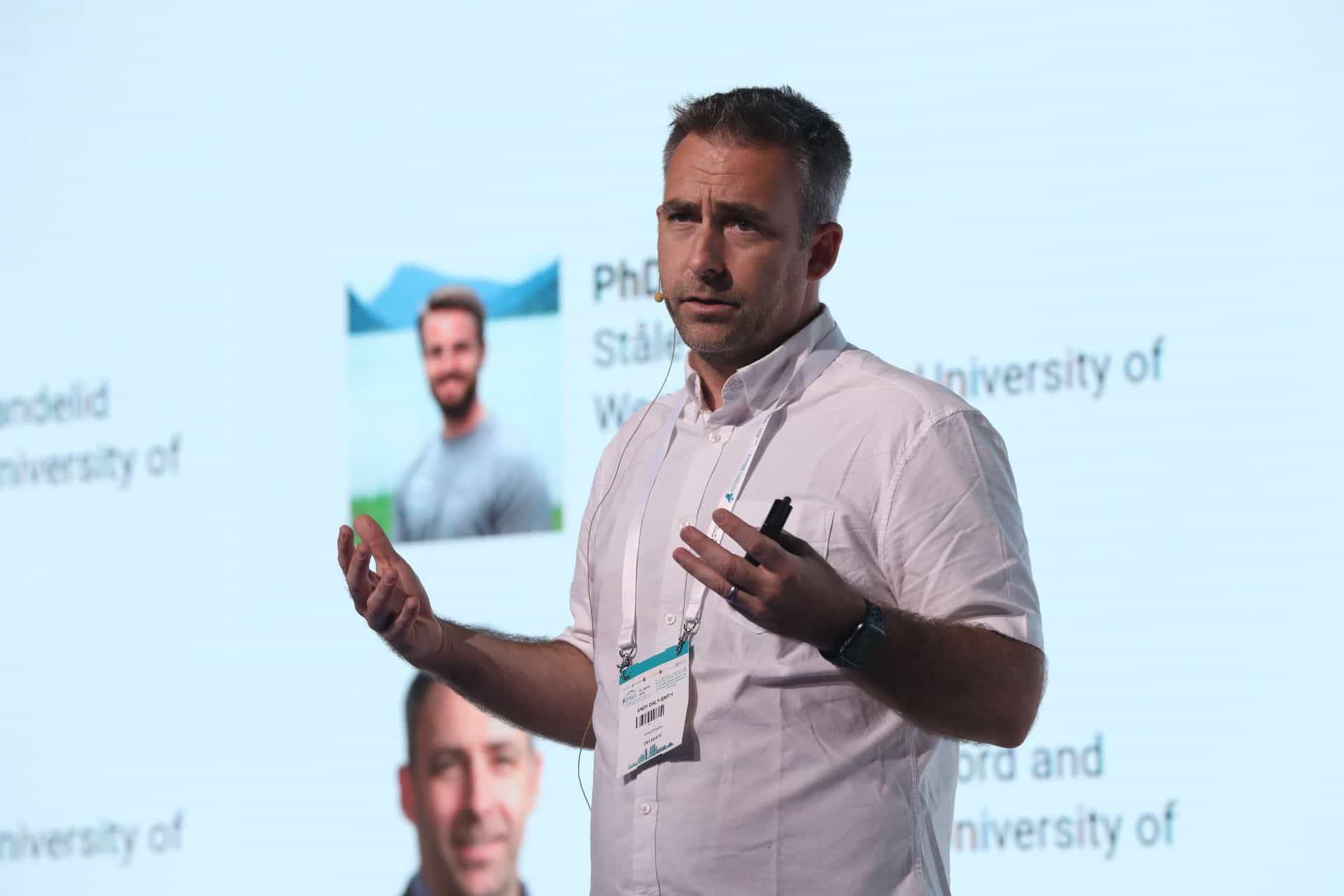Oral
“3 min Pacific Break”: promoting physical activity in the workplace on the Pacific Islands
Background
WHO recognizes sedentary behaviour at work as a risk factor contributing to the development of NCDs. Multiple factors promote this behaviour at the workplace: daily work sitting (for example, office work); many meetings (conferences or seminars); and, in the current health context, remote work and videoconferencing, which further promote inactivity.
Thus, the Pacific Community developed the “3 min Pacific Break” project, to encourage physical activity at the workplace, while promoting Pacific culture.
The programme is designed to encourage such activity by showing short videos of traditional Pacific Island dances during coffee/tea breaks to make them more active. They may be used during long meetings and online events, or simply made available to employees to use daily, as they choose. The videos were produced in the 22 Pacific. The short and easy-to-follow sequences invite people to move and explore the traditional dances specific to each island.
The videos may be viewed at: https://www.youtube.com/playlist?list=PLCq-WnF3Hdrhqrz3A__sRi2LEeZe6pYAd
Evaluation
The project encourages active breaks and, simultaneously, promotes the culture of the Pacific Islands. The videos have been used in a variety of contexts, from team meetings to group trainings and regional conferences. At every session, all participants – regardless of position, age or gender – have participated and tried to follow the choreography on the screen. The videos’ effectiveness has also been demonstrated during virtual meetings.
Conclusion : In the end, the project has a health goal – to promote active breaks at work – but it also seeks to promote the culture of and share the customs and traditions unique to each Pacific Island.
Practical implications
Through the presentation of this project, participants will come to recognize the value of using cultural codes to encourage physical activity, particular in the workplace. They may consider launching the project in their respective geographic areas.
Submitting Author
solene PROTAT
Population Group
Adults
Study Type
Practice
Setting
Workplace



